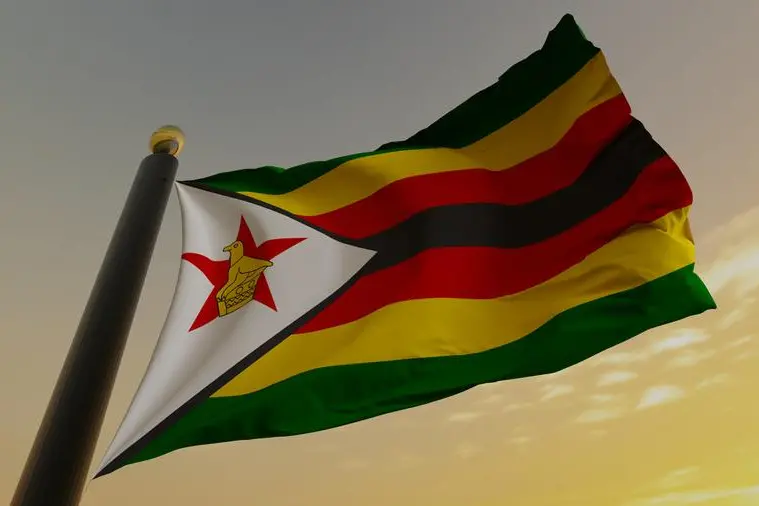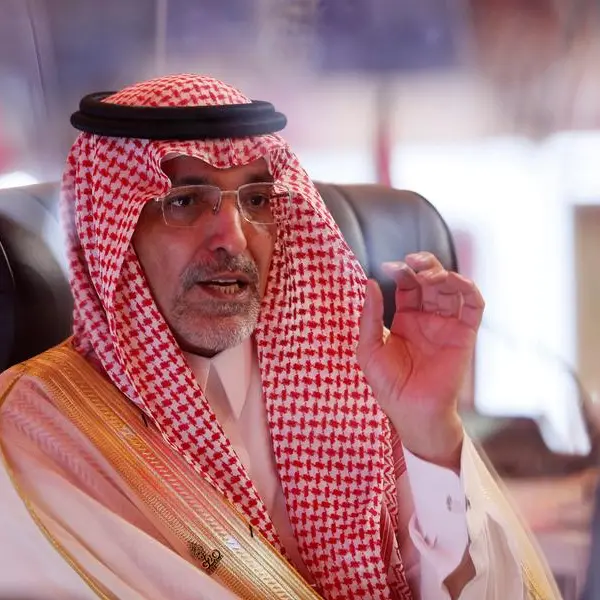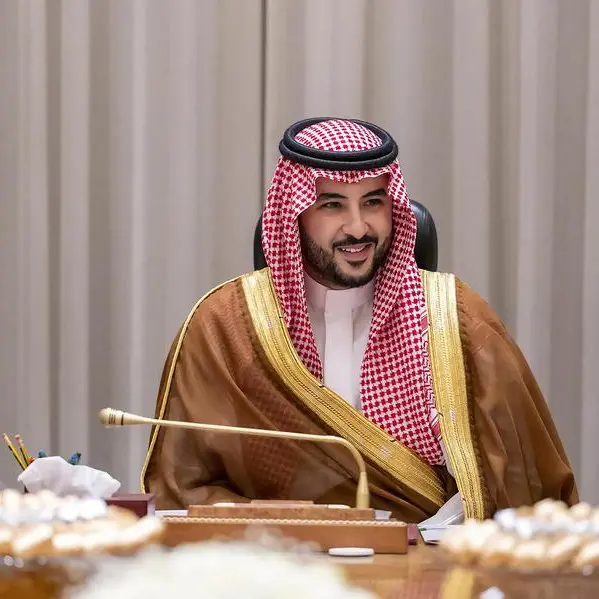PHOTO
The UAE government has received a government delegation from the Republic of Zimbabwe as part of the bilateral cooperation between the two countries in government development and modernisation. During the official visit, the delegation was introduced to the UAE’s key experiences in institutional management and government work.
The delegation included Solomon Mhlanga; Albert Tagiwa Chikondo, Venia Kudzai Jean Makaya, Tafara Matekaire, Causemore Maringa, Steyn Berejena, Pius Mapanga Mabugu; Nelson Charumbira; Leona Tatenda Ndou, Ngoni Manyika, and Pafunge Mapfumo, from the Office of the President and Cabinet.
The visit comes within the efforts to activate the bilateral cooperation agreement in government development, signed between the governments of the UAE and Zimbabwe, under the Government Experience Exchange Programme, during the World Government Summit last February.
Commenting on the visit, Abdulla Nasser Lootah, Deputy Minister of Cabinet Affairs for Competitiveness and Knowledge Exchange, stated that collaboration with the government of Zimbabwe in developing a new work models reflects the UAE government’s endeavours to share its best experiences and innovative work models with other governments to foster new levels of efficiency, performance and readiness, building a better future.
He said the bilateral cooperation with the African Continent, and especially with Zimbabwe, aims to enhance capabilities and empower government cadres with the necessary tools to advance work models and upgrade performance, efficiency and productivity, which would reflect positively on the wellbeing of society. He further added that the visit represents an important step in activating the collaboration between the governments and lays the foundations for further steps towards strengthening bilateral cooperation with Africa and globally.
Solomon Mhlanga, Permanent Secretary for Public Sector Reforms and Performance Management in the Office of the President and Cabinet, said the bilateral cooperation between the governments of the UAE and Zimbabwe is a new step towards strengthening the country's position in international indices. He described it as the perfect opportunity to exchange government expertise and share successful experiences designed and implemented by the UAE over the past few years.
He added that the visit, as part of the bilateral cooperation under the UAE Government Experience Exchange Programme, serves as a new milestone in the Zimbabwean government aiming to elevate performance levels and set unique innovative standards. It enables the government to define its key challenges and opportunities to create its work model, thereby supporting the country’s initiatives to achieve Vision 2030 and National Development Strategy objectives.
The visit included several meetings and knowledge tours where the Zimbabwean delegation was briefed on the UAE government’s top experiences and practices including the futuristic Services 1 Centre and Government Accelerators. The delegation met with Lootah to discuss activating bilateral cooperation and expanding it to new horizons.
They were introduced to the UAE's experience in building capacity through the UAE Government Leaders Programme, the government’s efforts to promote government excellence as a work culture across various sectors. They were acquainted with the government performance system in the UAE and the government's methodology in developing policies and strategies proactively for the future.
The delegation visited the Federal Competitiveness and Statistics Centre, where they were briefed on the UAE's competitiveness journey. In another meeting with the Federal Authority for Government Human Resources, the Zimbabwean officials learned about the human resources system in the country.
The cooperation agreement between the governments of the UAE and Zimbabwe seeks to build government capabilities and human cadres in Zimbabwe and develop government work. It aims to improve performance by promoting experience and knowledge exchange in governance, evaluation and innovation programmes.
In addition to the 11 work-streams, the agreement includes exchanging expertise, experiences and best practices in various areas of government work, including services, excellence, innovation, competitiveness, accelerators, performance, entrepreneurship, programming, capacity building, human resources and the metaverse.





















